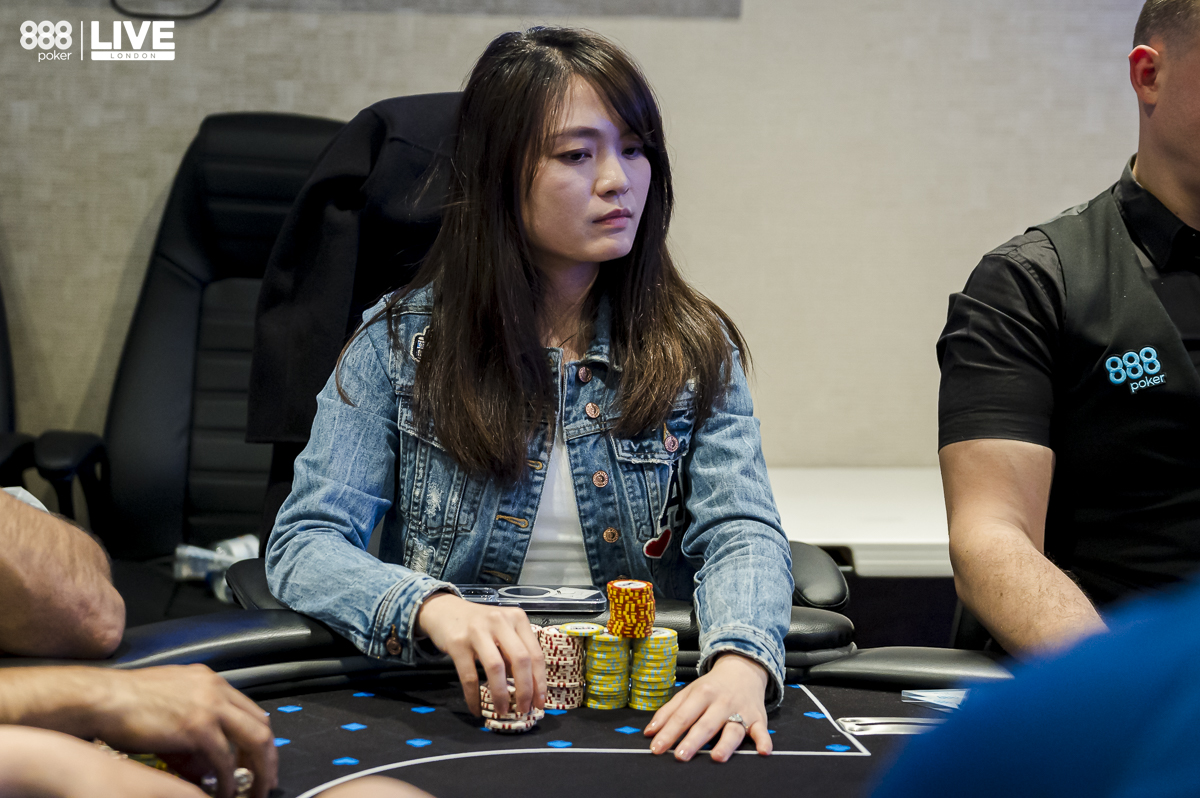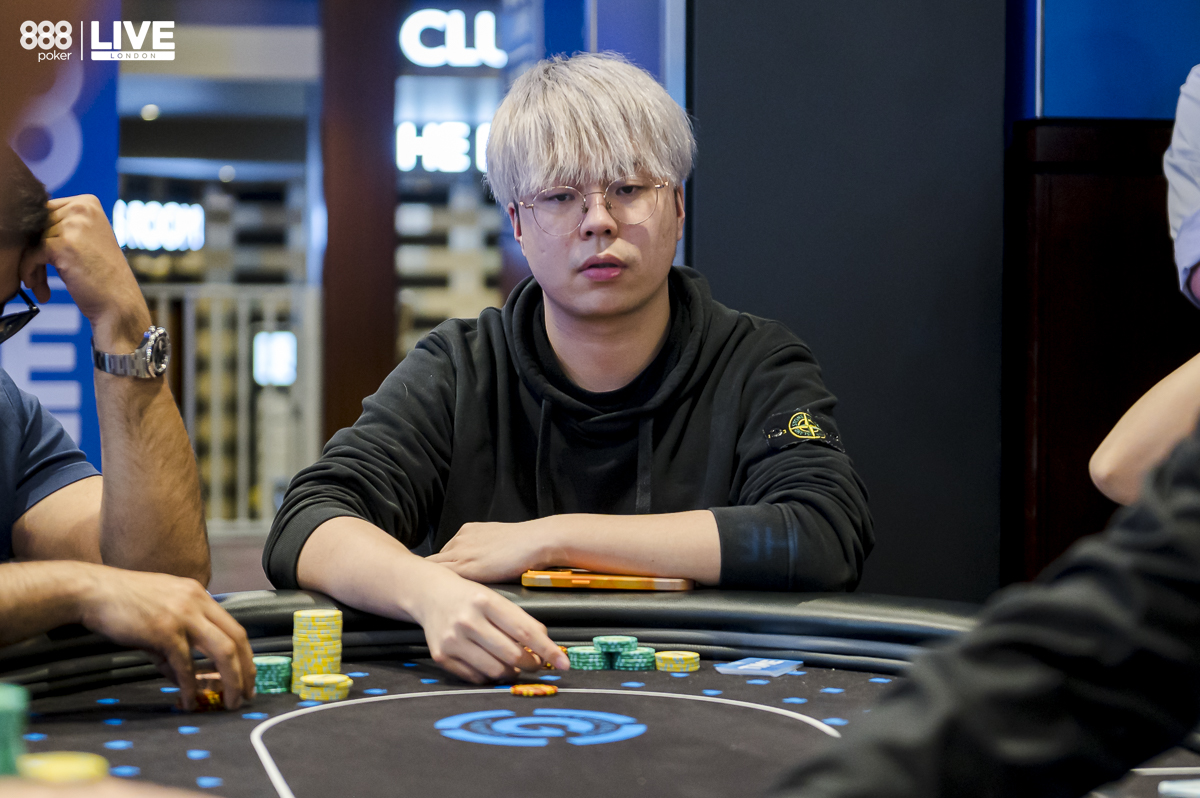Poker, a game that combines skill, strategy, and a bit of luck, has captivated players for many years. Beyond the mathematical calculations and strategic moves, a crucial element sets apart successful poker players from the rest - patience.
In poker, patience is not just a virtue but a powerful psychological tool. It can make all the difference between triumph and defeat.
This article will delve into the power of patience in poker, particularly emphasising its psychological aspects.
- How can patience shape strategic decision-making?
- Examine its benefits to poker players!
- Provide insights into developing and cultivating patience.
Understanding and harnessing the psychological power of patience can enhance your skills, increasing your chances of long-term success.
The Advantages of Practising Patience
At its core, patience in poker refers to the ability to remain calm, composed, and disciplined, even in the face of adversity. It involves a willingness to wait for favourable opportunities, exercise self-control, and make calculated decisions rather than succumbing to impulsive actions.
Patience in poker is not a passive state of inaction but an active strategy, enabling players to navigate the game wisely.
Practising patience in poker offers many advantages that can significantly impact your gameplay and overall success.

Here are some critical benefits of cultivating patience:
- Improved Decision-Making: Patience allows players to make more thoughtful and strategic decisions. By waiting for favourable opportunities and avoiding impulsive actions, players can assess the situation more objectively. They can consider factors such as their hand strength, position, and the actions of their opponents.
Improved decision-making leads to more profitable outcomes and minimises the likelihood of costly mistakes.
- Reduced Variance and Risk: Patience helps reduce the variance inherent in poker and minimises unnecessary risks. By exercising patience, players avoid getting involved in marginal situations with weaker hands.
Selectively and waiting for stronger hands mitigates exposure to high-risk scenarios. It protects your bankroll, increasing the chances of long-term profitability.
- Psychological Advantage: Patience gives players a psychological advantage over opponents, demonstrating discipline, self-control, and a strong strategic mindset. Opponents may interpret patience as a sign of strength, causing them to second-guess their actions and make mistakes.
Patient players are less likely to tilt or become emotionally compromised. They can maintain their composure and mental clarity throughout the game.

Patience in poker plays a critical role in capitalising on opportunities and minimising risks. Jumping into every hand and playing aggressively may be tempting. But patience teaches players the value of waiting for favourable circumstances.
- Carefully selecting the hands to play
- Folding when necessary
- Conserving chips for situations where you are a favourite.
Patience lets you maintain a disciplined approach, avoiding impulsive actions and costly mistakes. It enables you to withstand periods of bad luck while waiting for better opportunities.
By exercising patience, you can navigate the ups and downs of the game, avoiding tilt or making rash decisions.
Patience is a strategic mindset. It involves accepting the importance of long-term profitability rather than immediate gratification. You can avoid getting entangled in marginal situations, focusing on exploiting profitable spots.
Patience acts as a foundation for sound decision-making. It helps you to analyse the game, gather information about your opponents, and make calculated moves.
Patience creates opportunities to bluff. It allows you to extract value from strong hands, exploiting opponents' weaknesses.
Exercising restraint and waiting for the right moments can turn the tides in your favour, enhancing your chances of success.
7 Techniques for Cultivating Patience
You can use several methods to increase your patience while you are playing. Embracing mindfulness and self-awareness is fundamental in cultivating patience.

It involves being present in the moment, observing your thoughts, emotions, and reactions. You have to develop a deeper understanding of yourself and your tendencies.
Here are seven practical ways to embrace mindfulness and self-awareness in the context of poker:
- Practice Meditation: Regular meditation helps develop mindfulness and self-awareness. Set aside a few minutes daily to sit quietly. Focus on your breath and observe your thoughts without judgment.
This practice enhances your ability to stay present during poker sessions. You’ll become more aware of your mental and emotional state.
- Reflect on Past Sessions: Take some time to reflect on your gameplay after each poker session. Ask yourself questions like:
- Did I experience impatience or frustration?
- What triggered those emotions?
- How did I react to these feelings?
- What would I like to do instead in the future?
- Keep a Poker Journal: Maintain a poker journal to track your thoughts, emotions, and decision-making processes. Write down your observations about each session, including notable hands, moments of impatience, and your reactions.
Periodically reviewing your journal can help identify recurring patterns and make conscious adjustments.
- Use Mindfulness Techniques during Play: During poker sessions, bring your attention to the present moment. Focus on the current hand, the actions of your opponents, and the available information. Avoid getting caught up in past hands or future outcomes.
By staying present, you can make more rational decisions and avoid impatient, impulsive actions.

- Develop Emotional Awareness: Pay attention to your emotional state while playing poker. Notice when frustration, anger, or impatience arise. Acknowledge these emotions without judgment and try to understand their underlying causes.
- Seek Feedback from Others: Discuss challenging hands with fellow players, poker coaches, or mentors. Seek feedback on your gameplay, decision-making, and temperament. External perspectives can help you understand areas where impatience may affect your performance.
- Take Breaks and Practise Self-Care: Self-awareness also involves recognising when you need a break. If you feel impatient or emotionally overwhelmed during a session, take a short break to reset. Engage in activities that help you relax and recharge:
- Do some physical exercise.
- Spend time with loved ones.
- Pursuing hobbies outside of poker.
You can better understand your mental and emotional states by practising mindfulness and self-awareness techniques. This heightened level of awareness enables you to recognise and manage impatience.
You’ll make better decisions and maintain a calm and composed mindset throughout your poker journey.
Mastering Patience Conclusion
In poker, the power of patience cannot be underestimated. Patience is a powerful tool, offering significant psychological benefits. It enables players to make better decisions, adapt to changing situations, and overcome losses and setbacks.
Patience fosters psychological resilience, emotional control, and a disciplined mindset. All three skills contribute to sustained success in the game.
As you continue your poker journey, remember the power of patience. Cultivate this virtue, harness its psychological benefits, and apply it strategically in your gameplay.
Doing so can elevate your skills, navigate the game's challenges, and increase your chances of long-term success.


